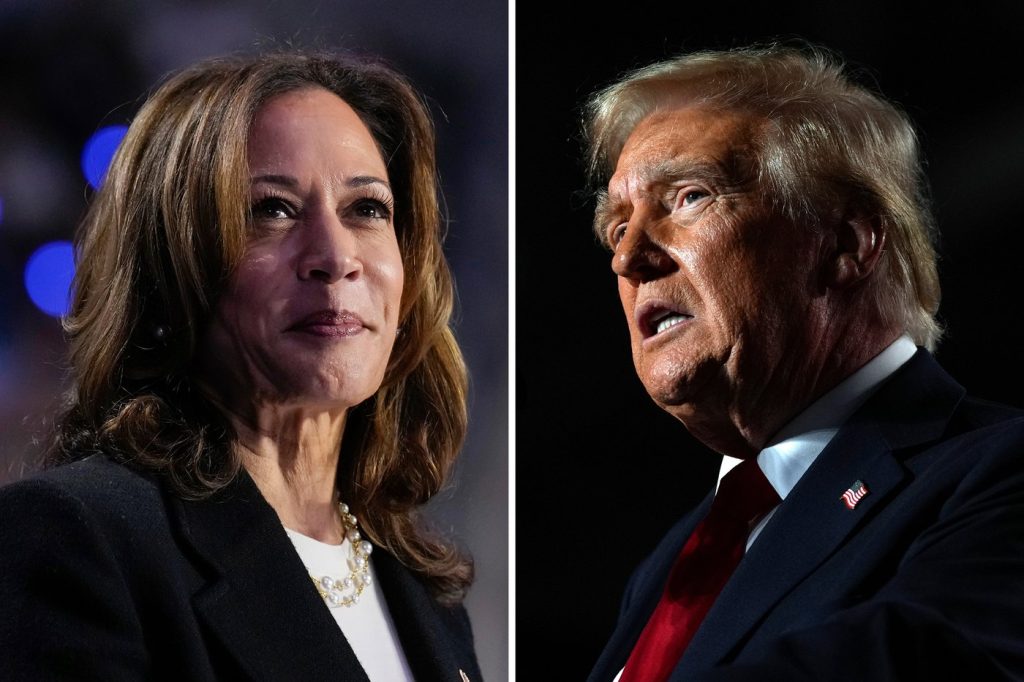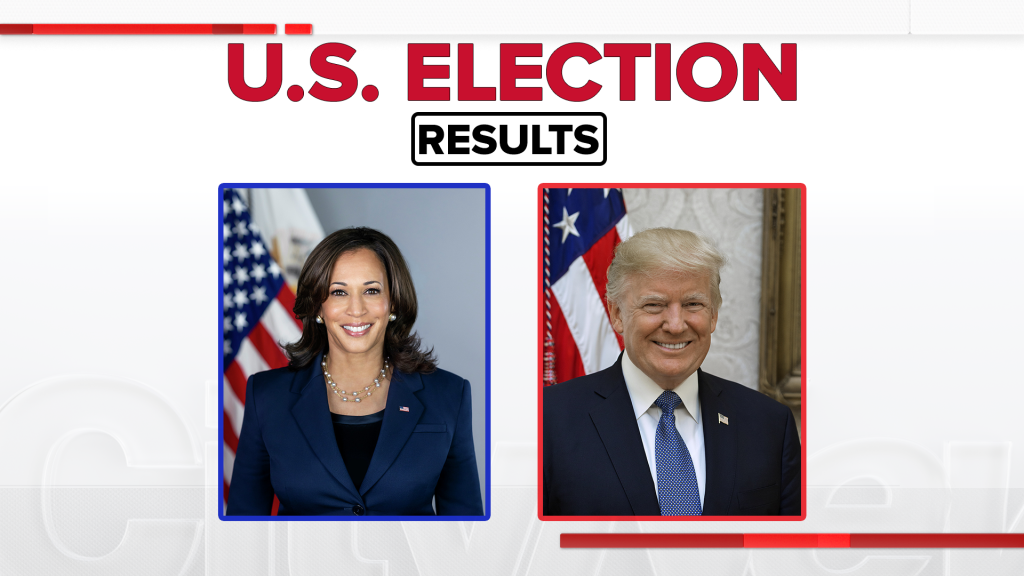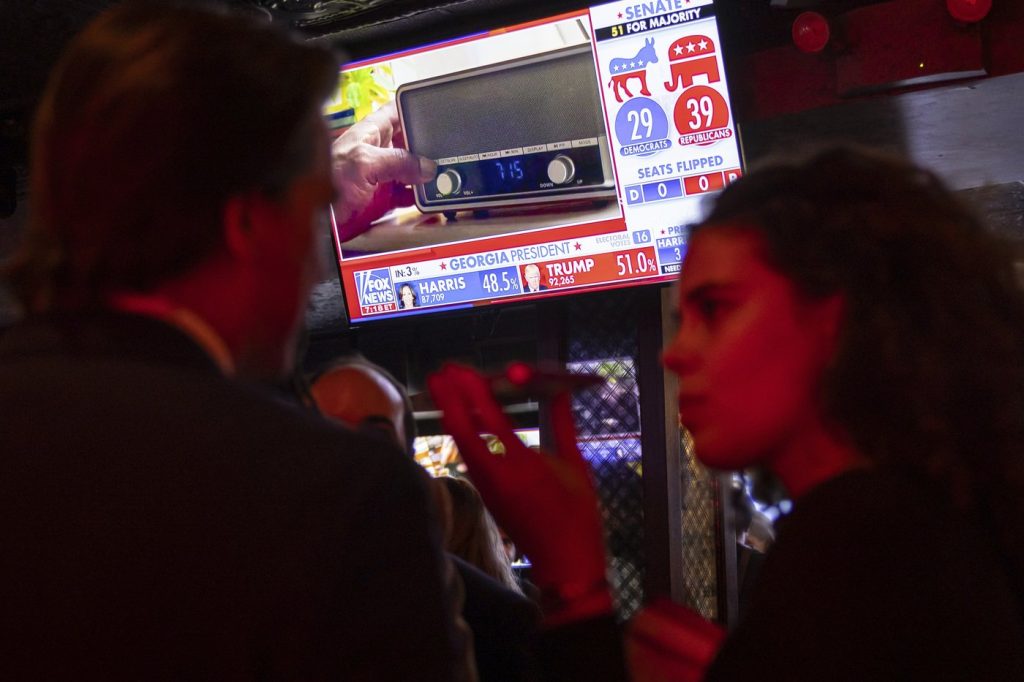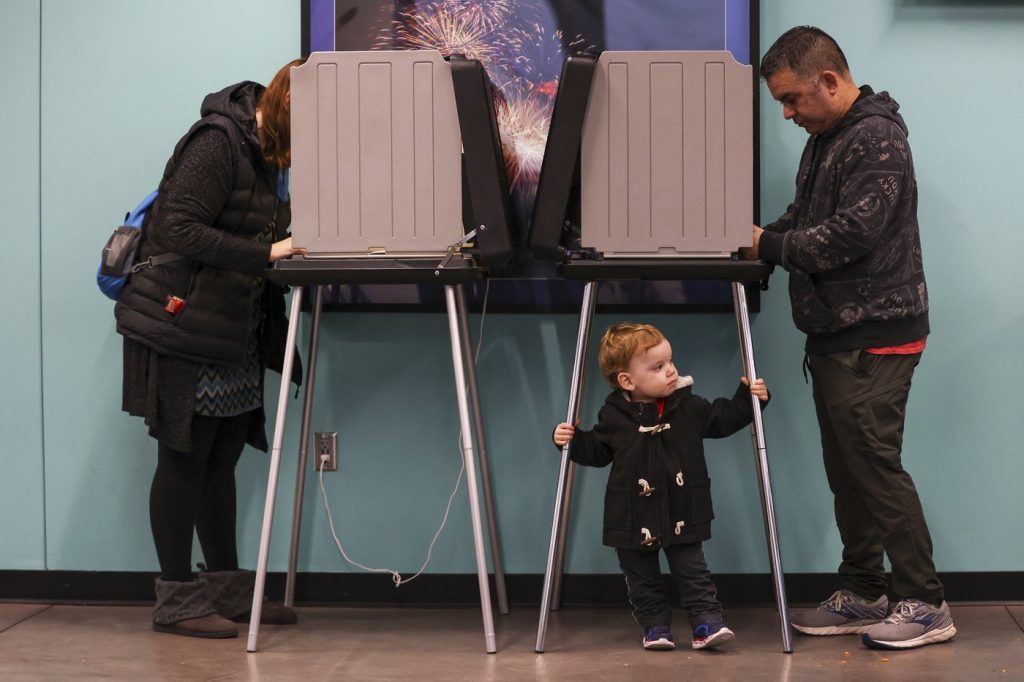Native Americans mark 100th anniversary of being granted the right to vote
Posted November 5, 2024 5:02 pm.
As America heads the polls, Native Americans are quietly mark the 100th anniversary of being granted the right to vote.
“It’s really more so an important reminder of the struggles Native Americans have faced and exercise their rights as citizens especially when it comes to voting – as many people may know we were not universally recognized until the passage of the Voting Rights Act 1965,” said Justin Ahasteen with Navajo Nation.
Tribe members across America are getting around barriers to vote that still exist.
“Even though it has been a hundred years since the Citizenship Act, there have been so many locations that have made it really hard to vote. In Arizona its been less than 50 years since they had the legitimate right to vote and even now the state has gone out of its way to make it hard to vote,” said Mark Trahant, Editor at Large of the Indian Country Times.
And in recent elections, helping decide winners in swing states.
“I think [the] Native vote has the ability to turn the tides of an election in certain key states. So, for instance, Arizona is up for grabs and when it was up between President Trump and Biden during that race, Navajo believed strongly that because of the Navajo vote. We switched Arizona, which was a long-standing Republican state to a Democrat state and that we looked at and focused on a candidate that was going to deliver to Indian country,” said Ahasteen.
In 2020, Myeengun Henry of the Chippewas of Thames First Nation in Southern Ontario decided to have his voice heard and vote in the U.S. Presidential Election, a right granted to all Indigenous people in Canada under the Jay Treaty.
“I actually applied for my ballot in Detroit and got refused because they said, ‘You live in Canada now.’ Well, I said, ‘It doesn’t matter because we have this Jay treaty that has us living on both sides,’ and they refused to give me a ballot.”
It took about a month and Henry had to get a lawyer involved, but for 2024, he was already registered.
“We need to have the right people and if we have a voice, it doesn’t take away my membership to be Indigenous in Canada, it didn’t actually cause any problems for me but I really think we need to have our voice heard,” said Henry. “We’ve also signed the treaty of Niagara, one of many treaties we’ve had with the Canadian-American governments and we have a right to have our say … so this is why I decided to do it, I like to have my voice heard, especially when it comes to presidents and prime ministers and they need to hear about these historical treaties that we have.”








